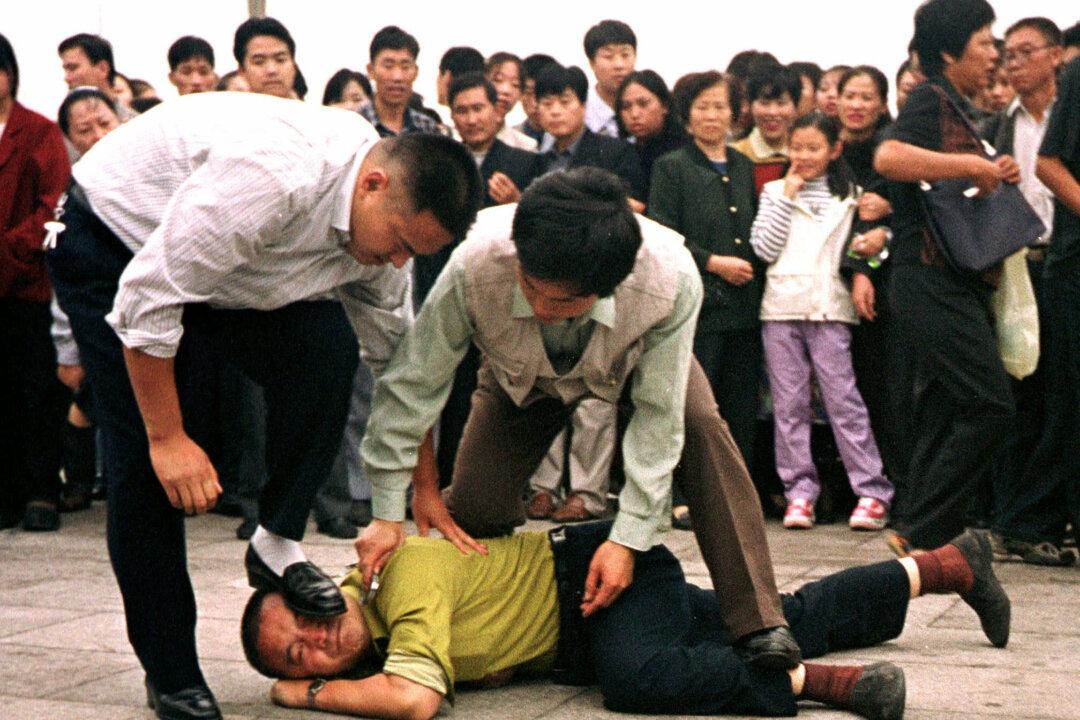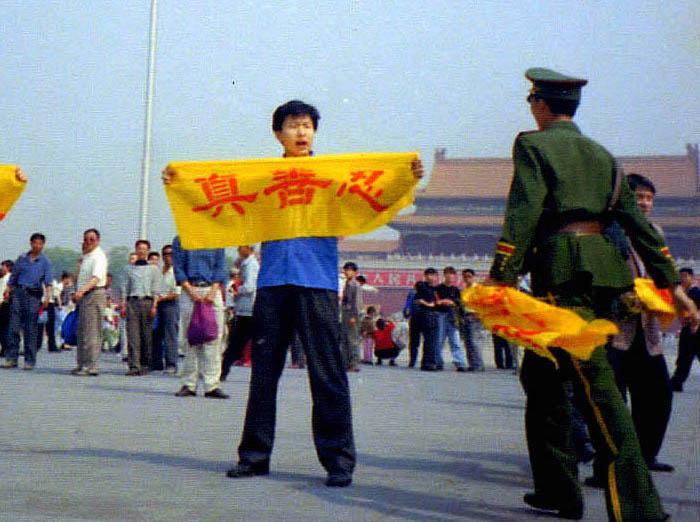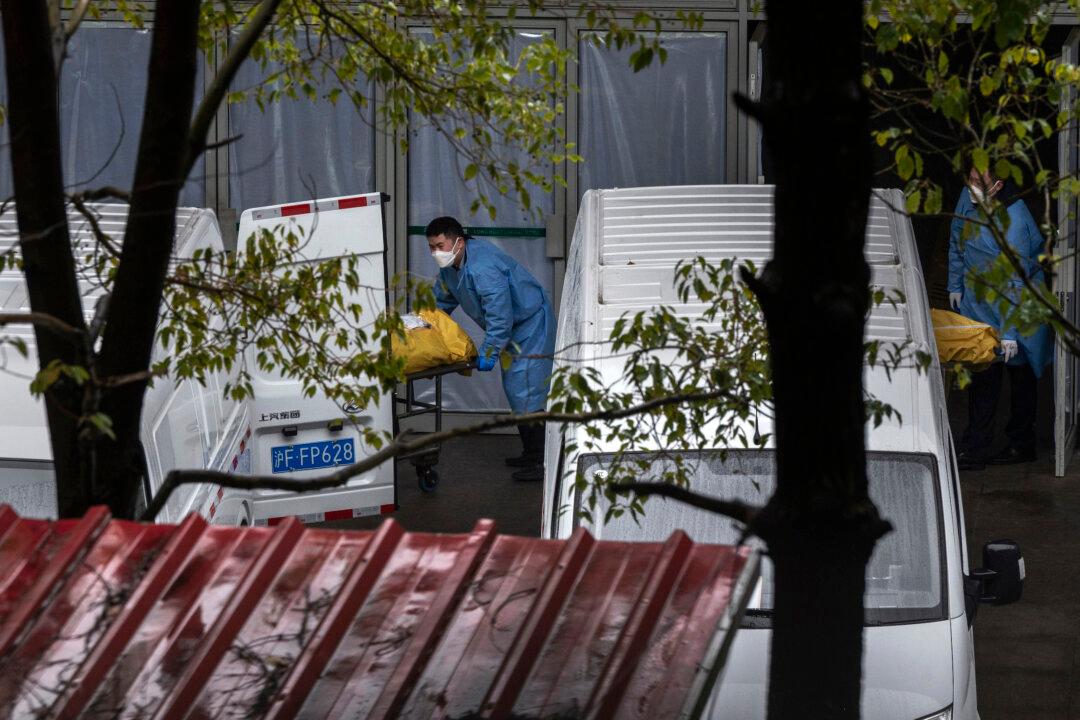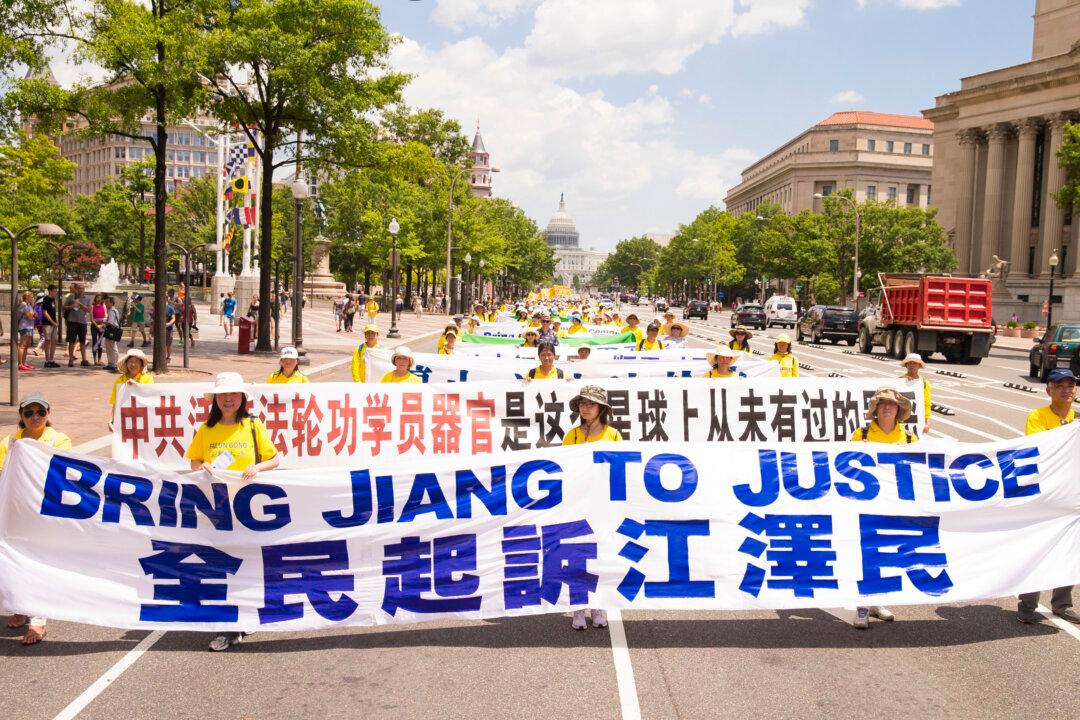The Chinese Communist Party (CCP) has taken strict precautions in its preparations to mark its 100th anniversary. Beijing is heavily guarded. Knife stores are required to ask for ID and report customers’ information to the police. Restaurants in restricted areas have been forced to close their doors. The CCP is arresting people going to Beijing and blocking any social media account that might not show enough self-censorship.
The CCP might look strong on the outside, but in reality, it is extremely nervous. Despite decades of tight control and brainwashing, the Chinese people are well aware that the communist system is against human nature and will not last long.





